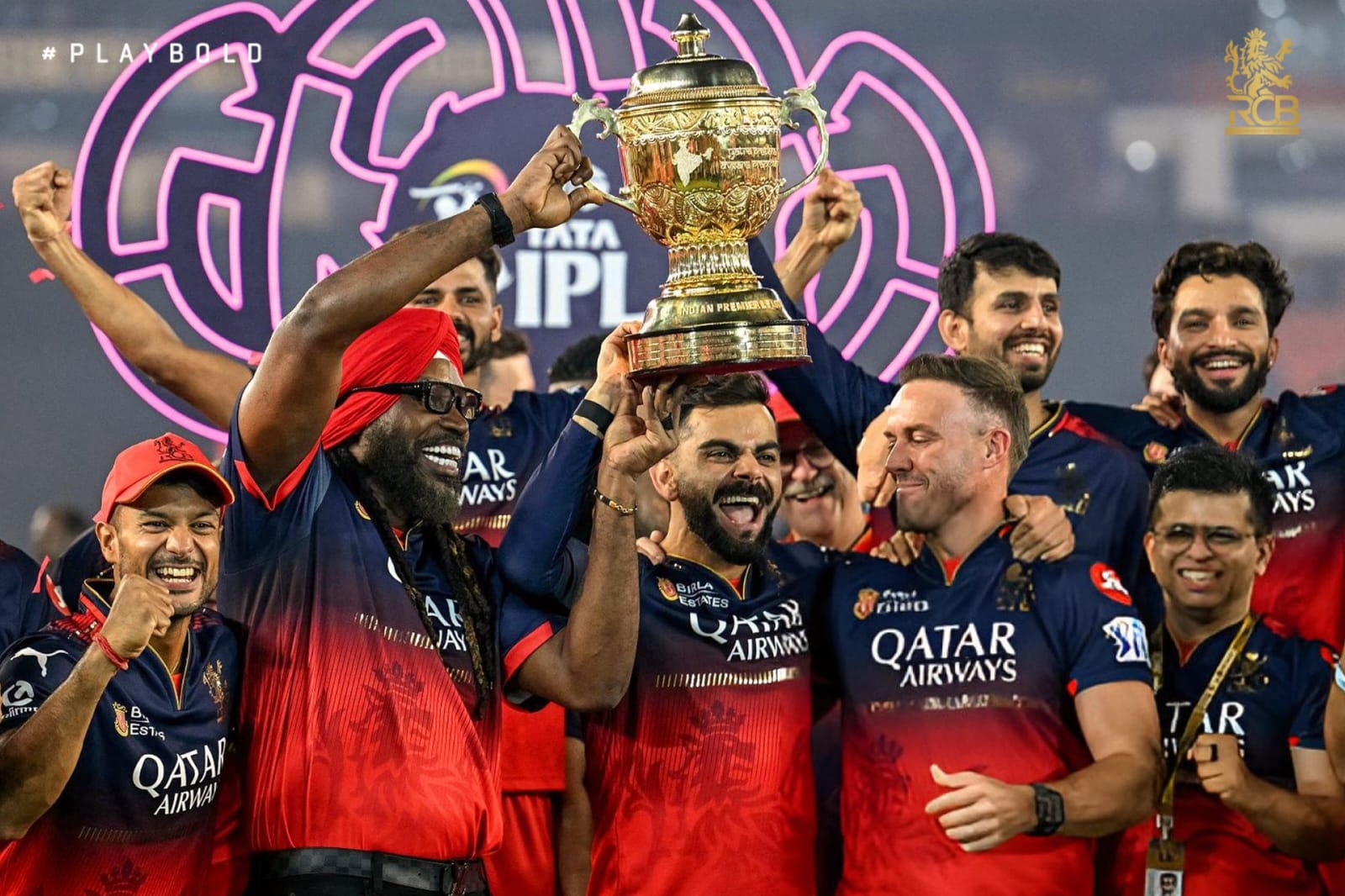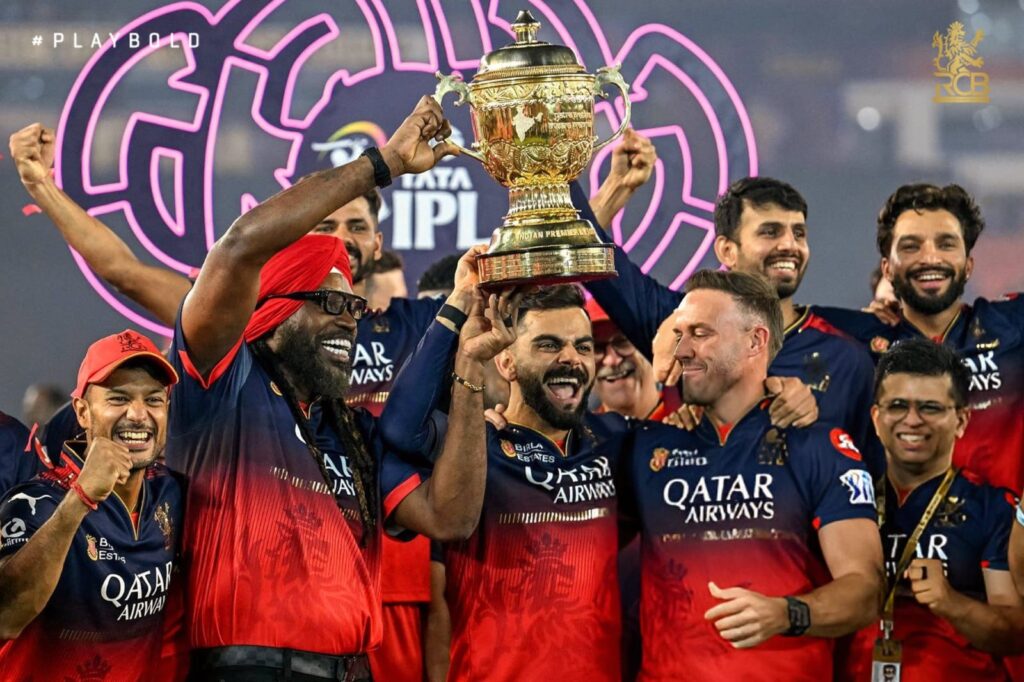
Praveen Someshwar, MD and CEO of Diageo India, recently said that the Royal Challengers Bengaluru (RCB) business is exciting but non-core for Diageo, setting up the basis for divestment of the asset. When RCB finally lifted the IPL trophy, it wasn’t just a win; it was a cultural moment. Eighteen seasons of heartbreak, mockery, and loyalty had led to vindication. It is in this context that the news coming in of a potential sale of the Bengaluru franchise for a valuation approaching $2 billion raises eyebrows. Why would anyone sell at their peak? The answer lies in branding risk, business focus, and good old financial timing.
Diageo, the world’s largest spirits company, has always walked a tightrope in India – its brands thrive on visibility, but its core category of alcohol operates under advertising restrictions. With the government moving toward tougher rules on surrogate promotion during live sports, owning a cricket franchise increasingly conflicts with its global compliance narrative. The recent ban on Real Money Gaming would indirectly have put pressure on the corporate.
“It’s not emotion, it’s economics,” says a sports business consultant who advises private-equity investors in sport. “If you’re Diageo, you sell when your brand is peaking, your regulatory risk is rising, and your capital can earn better returns elsewhere. The timing couldn’t be better.”
The math behind IPL franchise valuation blends corporate finance fundamentals with brand economics. In terms of revenue streams, the central IPL media share would amount to $60 million. Team sponsorships, ticketing, hospitality, merchandising, licensing and digital monetisation would all add up to $45 million. This leads to an annual revenue estimate of $105 million.
The operating costs would include player and staff salaries of approximately $18-20 million, logistics, marketing and overheads of say $25 million, thus totalling $45 million on the cost line. This results in RCB earning an operating profit of $60 million at a healthy margin of 50 to 60%.
In terms of valuation basis the Discounted cashflow method, one way to look at it is to say that at a 15-times multiple, the right value would be $900 million for the enterprise. Add a 2X for brand equity and the potential for future media rights to grow at 35-30%. This would mean a valuation in the range of $1.5 to 2 Billion, and so the price that is being bandied about seems fairly accurate and in line with how international sports franchises are valued.
RCB isn’t just a cricket team – it’s an entertainment IP with global resonance. Its fan engagement metrics rival K-pop fandoms and F1 stables. For new-age investors like tech platforms, sovereign funds, or sports media conglomerates, the franchise offers both tangible revenue and digital reach across geographies.
For Diageo, divesting now would unlock capital while avoiding future regulatory squeezes. For a buyer, it’s an entry into the world’s fastest-growing sports market, riding the convergence of cricket, content, and commerce. If the sale happens, it will mark a new phase for Indian sport: when franchise valuation models started mirroring Wall Street precision. Because in the IPL, winning on the field is priceless, but winning on the balance sheet? That’s a whole new game.




